Research Collaboration
Research/Horizon Europe
The Guardian draws on a leaked document to report that the UK will only have limited access to Horizon Europe through a costly ‘third countries’ deal, despite the PM’s intentions for full participation.
Theresa May’s appeal for a special Brexit deal on science and research collaboration, worth billions to the British economy, is being stonewalled by Brussels as it prepares to offer an arrangement less privileged and more expensive than that given to non-EU states such as Israel… the UK is set to join Canada and South Korea in the category of countries that will have to pay a higher price for the privilege of collaborating, while being barred from a particular raft of programmes designed to encourage innovation.
According to the draft paper, so-called “third countries” will not have a seat on the new European Innovation Council, which sets priorities, and their companies will not have the opportunity to apply for “fast, flexible grants and co-investments” designed to “bridge the ‘valley of death’ between research, commercialisation and the scaling-up of companies”.
The Guardian reports that Thomas Jørgensen, the senior policy coordinator at the European University Association (EUA) working on Brexit-related issues, stated: the commission was acting to protect its interests in the face of the emergence of the UK as a rival economic power. He said: “It is entirely understandable that you would want to help small countries in your neighbourhood, but why would you do that for small and medium-size enterprises in South Korea or other third countries such as the UK?”
The Guardian also report that on Wednesday the EU confirmed the UK could take part in Erasmus (for a fee) but would not allow the UK to influence programme’s design. More detail is provided in the Times Higher: In its proposal for the Erasmus+ programme for the period 2021-27, published on 30 May, the European Commission said that countries outside the EU and the European Economic Area would be able to participate fully as long as they do not have a “decisional power” on the programme and agree to a “fair balance” of contributions and benefits.
Research Professional also cover the EU’s decision to open Erasmus to other countries, and the requested significant boost to the Horizon budget (€20 billion).
Earlier this week Sam Gyimah discussed how international collaboration strengthens research excellence: The UK values international cooperation. That is why we will remain a leading power in science and innovation, and why our Industrial Strategy has a target that 2.4% of our GDP will go to R&D funding by 2027. We are committed to ensuring that this investment leads to real results for everyone.
We are also committed to remaining a place for scientists. Our success is built in part on the contribution of researchers and innovators who come to the UK from across the world to study, to research and to do business. Over half of the UK’s researchers come from outside the UK. And, as the Prime Minister said, we will ensure that this does not change.
Although we are leaving the EU, it’s important to remember that science is an international enterprise and discoveries know no borders. We are all strengthened by our collaborative links.
On the European research access Sam stated:
Full association would mean a particular amount – of course it’s too early in our discussions to put a figure on what this would be but based on existing precedents it would be billions of euros. Anything less than full association and we would need to consider whether this was a fair ask. I am accountable to the UK Parliament and would need to demonstrate that the amount contributed actually is fair.
Latest News
The latest news on our regularly featured topics.
OfS
- OfS Board Member Carl Lygo has resigned (moving to new role in Germany).
- OfS have a new blog: The ‘value’ of a degree is academic and vocational.
- Just in case you missed it previously OfS released information showing an increase in masters’ student numbers since the introduction of the postgraduate loans.
- The OfS Board met on Wednesday. OfS have committed to sharing the papers from the Board meeting soon.
Loans
A parliamentary question from Peter Dowd on the accrual of debt interest on student loans had Sam Gyimah clarify that the Student Loans Company does not apply interest to accounts until the information about repayments is received from HMRC. This means that borrowers are not disadvantaged by the time taken to exchange the data between HMRC and SLC…The government is taking steps to develop systems to allow the sharing of student loan repayment information more frequently between HMRC and SLC from April 2019. This will allow for repayments to be credited and for interest calculations to be undertaken regularly throughout the year.
Freedom of Expression
Q – Baroness Deech: How they propose to include representatives of student victims of (1) inhibition of freedom of speech, and (2) disruption of meetings, in the preparation of new guidance to promote freedom of speech at universities.
A – Viscount Younger Of Leckie: At the free speech summit on 3 May 2018….it was agreed that the report from the Freedom of Speech in Universities inquiry by the Joint Committee on Human Rights (JCHR) would be used as the foundation for a shared approach to free speech. The JCHR inquiry included evidence from a number of groups including those who had experienced disruption of events and student representatives with a range of experiences related to free speech. The new guidance will be drafted by the Equality and Human Rights Commission, who will work with a number of groups including the National Union of Students.
Research Professional report on Sam Gyimah’s latest Free Speech interview with Spiked stating: He [Sam] suggested that UK academics were marking down students whose political opinions they disagreed with…In what is attributed as a direct quote from Gyimah, the minister said that “there seems to be the development of a political monoculture” in which students are afraid to speak up in class because “80 per cent of the class disagrees with you…and [one of] them is going to be the one who gives you your grades”.
Gyimah has not tried to distance himself from the quote…Jack Grove of Times Higher Education wrote…“Is Sam Gyimah really claiming…that students should be genuinely afraid that their left-leaning lecturers are marking them down because they disagree with their politics? Extraordinary.”
Gyimah replied to Grove: “Nothing extraordinary. We need real diversity of thought on campus, and to be mindful that in some cases a monoculture means students and lecturers with legitimate but maybe unpopular views self-censor for fear of opprobrium. This is what I’m hearing on campus.”
The minister’s evidence for campus inhibitions on free speech has moved some distance: from claims of systematic censorship by students’ unions and masked gangs closing down events to unsubstantiated anecdotes about reluctance to speak up in class. Very different things are being lumped together here… For a minister to accuse academics of political bias in assessing students—without a scrap of evidence—is totally irresponsible.
Value for Money
A short article in Times Higher this week discusses the four myths surrounding value for money. It digs below the surface to explain why the four factors can’t really be used to determine value for money. A clear and simple read. If you continue to read the comments section you’ll find some alternative viewpoints too.
Degree Apprenticeships
A parliamentary question tabled by Rehman Chishti established that there are 102 universities listed on the register of apprenticeship training providers and all are eligible to deliver anywhere in England.
A further question from Barry Sheerman asked: whether there are any requirements that must be satisfied in order for bachelor’s degrees pursued at an institution of higher education to be described by that institution as a degree apprenticeship.
Anne Milton responded: In England, providers who want to deliver apprenticeship training, including higher education institutions (HEIs) offering degree apprenticeships, must be on the register of apprenticeship training providers…Employers must choose a provider from the register to deliver their apprenticeship training. A degree can be included in an English apprenticeship if the degree meets the mandatory qualifications criteria laid out in the Institute for Apprenticeships (IfA) guidance. The IfA website lists the degree level apprenticeships that include a degree. The Enterprise Act 2016 protects the term ‘apprenticeship’ to make sure that training providers cannot brand their products as apprenticeships if they do not meet our core quality requirements.
Student Immigration
The Independent ran the editorial If Theresa May wants to improve the quality of our universities, she must begin by addressing the disastrous effects of her immigration policy.
Accelerated Degrees – no news yet
Lord Luce questioned the government this week asking What decisions have been made about the provision of accelerated degree courses in higher education following their public consultation completed on 11 February. The Government responded: The Department for Education received a range of detailed and comprehensive responses from providers, organisations and individuals across the higher education sector. We are currently considering these responses and will respond to the consultation in due course.
Widening Participation and Achievement
National Collaborative Outreach Programme
OfS have released their first annual report on the National Collaborative Outreach Programme’s (NCOP) delivery. NCOP is a collaborative network endeavour between HE, schools, colleges and local businesses. It delivers a sustained, tailored outreach programme within geographically targeted areas and aims to rapidly improve progression to HE for school pupils in areas where the numbers accessing HE are lower than expected by the young people’s GCSE success. The current NCOP commenced in January 2017 and consists of 29 partnerships to pupils in Years 9 to 13.
The report states that NCOP has actively engaged 12% (52,878 pupils) of the identified target population. This is forecast to increase to 114,700 pupils (25%) by the end of 2018. It emphasises that the first year of the programme has been focused on creating local partnership infrastructures and with these now established OfS expect to see significant increases in the numbers of young people engaged over the next year. Demonstrating impact is integral to the NCOP programme. OfS require clear evidence to continue with the programme in the future and a comprehensive evaluation framework including longitudinal tracking, analysis of national datasets, and randomised controlled trials is in place. The report concludes that progress is promising (see page 14 for details) although at present: “it is too early to evidence the causal impact of the programme in terms of which interventions have the most impact on students progressing to higher education.”
NCOP is expected to significantly contribute to the Government’s social mobility action plan (launched Dec 2017) which ‘places social mobility at the heart of education policy and seeks to provide a framework for action to help transform equality of opportunity. It emphasises the importance of leaving no community behind with resources targeted at the people and places that need it most’.
The social mobility goals are to:
- double the proportion of young people from disadvantaged backgrounds in higher education by 2020
- increase by 20 per cent the number of students in higher education from ethnic minority groups
- address the under-representation of young men from disadvantaged backgrounds in higher education.
Chris Millward, Director for Fair Access and Participation, said:
“We know that sustained and targeted outreach is key to reducing the gaps in higher education participation…So I am very pleased to see the progress made by the OfS-funded NCOP… In its first year of operation, NCOP is already showing signs of success…It has reached significant numbers of schools, colleges and young people and looks set to increase its reach even further in the next year. And the early signs are that NCOP activities are contributing to improved information, advice and guidance for young people at key milestones in their education…NCOP is a great example of the kind of outreach activity we need – evidence-based, targeted, robustly evaluated, bringing local partners together and harnessing university resources and expertise to meet the needs of schools and teachers, students and their families. The OfS will ensure that this learning drives improvements to higher education outreach in the future.”
Gareth Oliver, Careers Lead at Broad Oak Sports College, said:
“Without the valuable support of [NCOP partner] GM Higher, both in terms of experience and one-to-one support, we would not have had the opportunity to access resources and programmes to aid the aspiration of our pupils. Already the number of pupils wanting to aspire to higher education has increased, but more importantly, the programmes and resources have allowed our pupils to have an ‘I can do it’ attitude. Schools like Broad Oak need organisations like GM Higher to ensure we break the mould that ‘higher education is only for the affluent families’.”
Next week (4-8 June) is an NCOP week of action aiming to spotlight the range of outreach activities occurring from motivational talks and role model sessions to live social media FAQs.
A timely blog by Stuart Billingham, Emeritus Professor of Lifelong Learning at York St John ponders the progress made in the 40 years Stuart has worked within the social mobility sphere. He urges patience from the Government, reviewing the initiatives they tried and dropped before they fully came to fruition, and noting that collaborative results take longer:
If quick returns are the priority, then learn the lessons of history and stop calling for greater collaboration and partnership working to widen participation. If, however, the real priority is to significantly and permanently change the social and economic student profile in our universities and colleges, then collaboration/partnership working is essential – but please don’t look always, or only, for quick wins.
School League Tables Outcry
The BBC ran an article on the new method by which secondary school league tables are devised stating it unfairly stigmatises schools in white working-class areas. Head teachers are opposed to the Progress 8 methodology calling it “toxic” for schools with a combination of high levels of deprivation and lower numbers of pupils speaking English as a second language. The DfE have responded: “Far from being unfair, our Progress 8 measure means that schools are now recognised for the progress made by all pupils, as every grade from every pupil contributes to the school’s performance – taking into account their ability when they started school.”
Mental Health
A Debut study publicised on the Royal College of Midwives News site has demonstrated widespread reluctance to disclose mental health issues to potential employers amongst students in order to avoid negative impact on their career progression. 70% of the 1,000 full time employed graduates that were sampled would not inform their employer and 88% stated they believed there is still a negative stigma attached to admitting to suffering from a mental health issue.
Of the 70% who said they would avoid telling an employer about their mental health issues, 83% said they would be more inclined to seek mental health support if their employer offered an ‘off-the-record’ or fully anonymous service that would be kept separate from their employment record. Their preference for off the record support methods were: face-to-face meeting (61%), WhatsApp, or other instant online chat (19%), email (10%), via video call (7%), SMS/text-messaging (3%).
The study states that graduates don’t feel their workplaces are properly equipped to support workers with mental health issues. The graduates described their employer’s support system as: 15% – good; 51% – adequate; 34% – poor.
The study states: It appears that while mental health concerns are being discussed more openly in wider society, there is still work to be done in regards to the stigma associated with admitting to suffering from mental health issues and support offered to those transitioning from university to work.
CEO of Debut, Charlie Taylor, said that supporting new graduates as they transition from university to work should be a major consideration of progressive employers. ‘If graduate recruitment specialists want to attract – and more importantly keep – the best talent as they emerge from education, they need to know what issues students and graduates are facing, and how best to support them… Graduate programmes can be fiercely competitive, which can exacerbate mental health issues and employers need to ensure they are providing anonymous, ‘off the record’ support for this future workforce.”
Meanwhile in iNews Bristol’s VC has said poor mental health among students is the “single biggest public health issue” affecting universities and feels the perfectionism culture perpetuated through social media is a causal factor.
Disabled Students’ Allowances
The parliamentary questions pertaining to disabled students continue.
Q – Angela Rayner:
- what the evidential basis is for his statement that students spend on average £250 on computers.
- what costs Disabled Students’ Allowances are planned to cover.
A – Sam Gyimah:
- This figure comes from the most recent student income and expenditure survey …This shows that the average spend on computers by full-time students across the academic year was £253. The average spend on computers by part-time students across the academic year was £243.
- Disabled Students’ Allowances are available to help students with the additional costs they may face in higher education because of their disability. There are four allowances available and for 2017/18 these are: a specialist equipment allowance of up to £5,358 for the duration of the course, a non-medical helper allowance of up to £21,305 for each academic year, a general allowance of up to £1,790 for each academic year and a uncapped travel allowance for each academic year. They can be used for the purchase of specialist equipment, to pay for a non-medical helper to support students with their studies, for other assessed disability related costs and for travel. As noted in the Oral Answer, the £200 student contribution is for computer hardware only. Students are not expected to pay for recommended specialist software or for training to use it.
Part Time Students
Welsh Universities will now be able to claim a full premium when recruiting part time students. Wales also enjoys a fee-waiver allocation for students in receipt of certain benefits when studying at less than 25%. It will be interesting to watch these developments in comparison to England’s declining part time student population.
HEPI
HEPI continue to share ideas and blog related to their prior report: Reaching the parts of society universities have missed: A manifesto for the new Director for Fair Access and Participation.
Sonia Sodha (The Observer) states: If we were really committed to improving access to top universities, we would bite the bullet and introduce class-based quotas. Progress on this front has been pathetically slow: yes, young people from disadvantaged backgrounds are going to universities in greater numbers than before, but they remain disproportionately shut out of the highest-ranking institutions. The Office for Students should reintroduce a cap on student numbers…and introduce hard quotas for students from working- class backgrounds for each university. This would help break down the unfair and stubborn middle- class lock on privilege. It would also force more middle-class students down a vocational route – surely the only way we are ever going to get parity of esteem between post-18 vocational and academic qualifications.
Rosemary Bennett (The Times): [There should be] a universal system in transferrable credits so bright students who really take to their studies at university can trade up to a better institution after a year. If there is thriving competition between universities, as we are often told, it should not stop at the point of admission. Users need to be able to switch supplier.
Nik Miller (Bridge Group): The creation of the Office for Students is an important opportunity to… also look outwards; to convene influencers across sectors to deliver coherent approaches, and to dismantle prevailing contradictions….Employers play a critical role in determining students’ prospects. This demands greater scrutiny. For example, many employers continue to attract students from a limited list of the least diverse institutions, refuse to consider students below a certain A-Level tariff – as university contextual admissions opens the door for many students, it is slammed shut once more upon graduation – and offer unpaid and unadvertised internships.
Lorraine Dearden (Institute for Fiscal Studies): The Office for Students needs to fully link…data in one place. IFS research linking schools and Higher Education Statistics Agency (HESA) data shows that students who get the same GCSE results at age 16 are equally likely to progress to higher education, irrespective of their socio-economic status. However, there are socio-economic gaps in access to elite universities and the types of subjects studied, even allowing for school outcomes. We do not know fully whether this is because (i) bright disadvantaged students are less likely to apply for these courses, and/or (ii) they do, but do not get accepted, and/or (iii) their predicted grades and/or subject choice have some role. There are also socio-economic differences in drop-out rates, completion rates and outcomes once a person starts university. Good data would not only help us find out why these things are happening, but which access programmes are best at tackling them.
Read more sector change suggestions on the HEPI blog here.
T Levels
Damian Hinds, Education Secretary, has announced progress towards the commencement of T levels. T levels will be two year courses combining technical education and workplace experience making an important contribution to economic skills gaps and forming the third route for post-16 study (alongside apprenticeships and A levels). The BBC report that the new two-year courses will have more teaching hours than most current technical programmes and will include a compulsory work placement of 40-60 working days. The Government have committed to learn from countries, work in partnership with business and the course content will be developed by expert employer panels. T Levels will commence from 2020 (construction, digital, and education and childcare) and be expanded into other sections from 2021 (finance, hair and beauty, engineering, and the creative industries). Controversy has dogged the announcement as earlier in the month a DfE official stated a 2020 start would be rushed and questioned whether the teaching would be of a high standard. These concerns were rejected and Hinds pushed ahead to unveil the 52 approved providers.
The Times article T levels have employers scratching their heads notes only 16% of employers understand T levels: Business owners, who will be essential to the success of the new regime, say that they are not prepared for it. Just one in 12 employers at present provided placements of the duration required for T levels, and four in every five felt that financial support would be needed to enable them to offer the number of work placements needed.
Meanwhile Stage 2 kicks off for the 16 hopefuls (3 of which are universities) aiming to become Institutes of Technology. Research Professional also has a short article on it here.
Admissions
Next week the House of Lords will hold a one-hour debate on equality of opportunity in university admissions.
Fraudulent UCAS Applications
Previously The Independent challenged UCAS stating black students were 22 times more likely to have their university applications investigated for fraud than white students. UCAS investigated the issue and have published a report. Read the key points here. The story is covered by The Times and The Guardian.
Criminal Convictions
UCAS have also made news this week following their decision to not require applicants to declare criminal convictions when they apply for most courses.
Christopher Stacey, co-director of Unlock, said:
“Unlock very much welcomes the removal of the main criminal conviction box from the UCAS form. This is a significant change that has the potential to help many people with convictions see a university education as a positive way forward in their lives. For far too long, universities have operated arbitrary, unfair admissions practices towards those who ticked the box. Unlock has seen first-hand how people have been put off from applying to university as a result.
If universities are committed to widening participation, they should be considering the widest number of potential applicants. The change by UCAS provides a strong signal to universities that criminal records shouldn’t feature in their assessment of academic ability.
Many institutions are now rightly looking at how to amend their policies and practices. We look forward to working with UCAS and individual universities in developing fairer admissions policies towards students with criminal records.”
Nina Champion, Head of Policy at Prisoners’ Education Trust, said:
“People with convictions who are applying to university are showing a huge commitment to turning their lives around. As a society, we should be doing all we can to support them. The chance to go to university helps people to move fully away from crime, build careers and contribute to our communities. Their presence is also hugely beneficial for universities, which gain highly committed students, who help create a more diverse and inclusive learning environment for everyone. “We look forward to working with universities at revising their own admissions procedures in light of UCAS’ decision, ensuring fair chances for every student.”
Peter Stanford, Director of the Longford Trust, said:
“We…urge that, whatever arrangements universities now decide to put in place around risk assessment for those with criminal convictions, they do so in a manner that learns from the mistakes of the recent past, and enables the widest possible levels of participation”
Alternative Admissions
Jackie Labbe from De Montford University blogs for Wonkhe on the changes her university has made in Admissions to rely less on tariff based selection. Jackie states the changes have had a positive effect:
We support them [new students] via transitions programmes bridging their course of study and student services, so that any obstacles they have encountered in the past don’t continue to impede them.
We have seen success in our students’ improving outcomes, particularly our black and minority ethnic (BAME) students. We are now more than 50% BAME, and consider (in common with the sector) that the attainment gap is an unacceptable element of the status quo. We’re proud that our attainment gap is closing, and aim to continue to reduce it exponentially over the next few years.
Nursing – fall in Access course registrations
Nursing recruitment takes another hit as QAA data confirmed registrations onto the Access to HE Diplomas for nursing and health care fell by 18% (20,050 registrations) in 2016/17. Overall Access courses are down by 10%
Dr Greg Walker, Chief Executive of MillionPlus, calls on the HE Review panel to take the drop seriously:
“The news that registrations to these diplomas have dropped by almost a fifth in the space of a year is deeply concerning. The withdrawal of bursaries now appears to be impacting further down the supply chain for nursing degree students. A stalling pipeline of potential nursing students will offer no assurance to NHS employers as they struggle to fill vacant nursing posts…now is the time to review the impact of the shift away from bursaries.
Consultations
Click here to view the updated consultation tracker. Email us on policy@bournemouth.ac.uk if you’d like to contribute to any of the current consultations.
New consultations and inquiries this week:
Other news
Gender Gap: Using data from a French study Times Higher discusses how automatically considering women for senior positions would reduce the gender gap at the top.
Teaching excellence: Times Higher talk on how linking promotion to quality teaching may work better than the TEF!
Civic University: Read the latest from the Civic University forum.
Poaching: PIE news has an article on the poaching of international students that takes place in the US.
Subscribe!
To subscribe to the weekly policy update simply email policy@bournemouth.ac.uk
JANE FORSTER | SARAH CARTER
Policy Advisor Policy & Public Affairs Officer
65111 65070
Follow: @PolicyBU on Twitter | policy@bournemouth.ac.uk


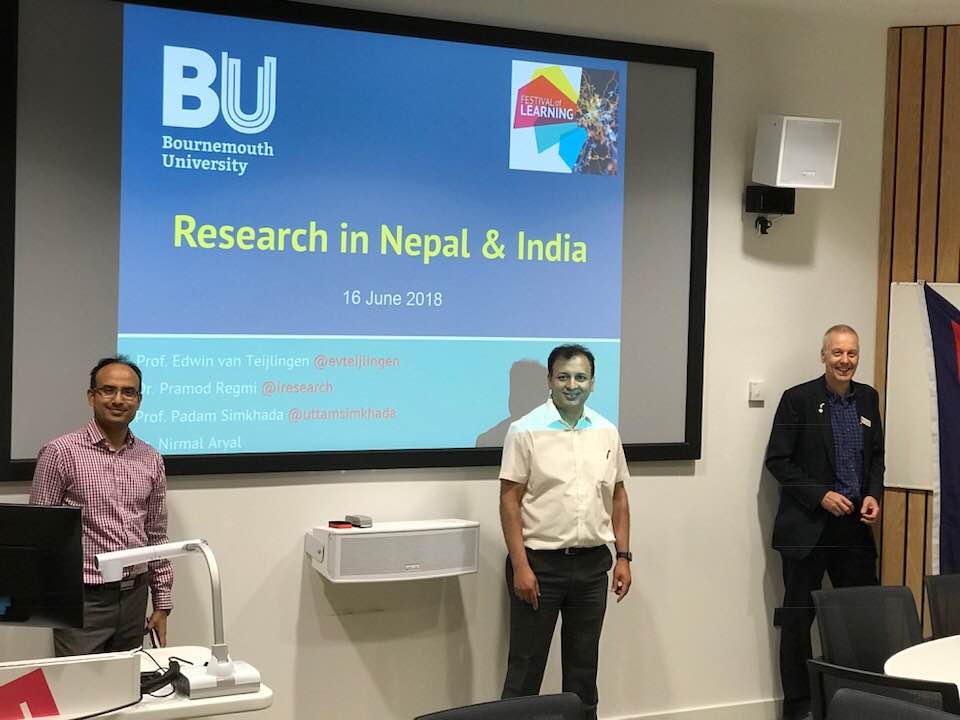




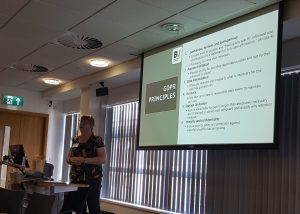


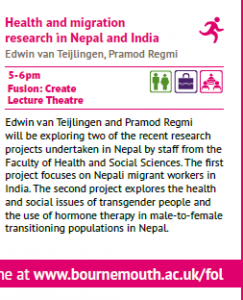
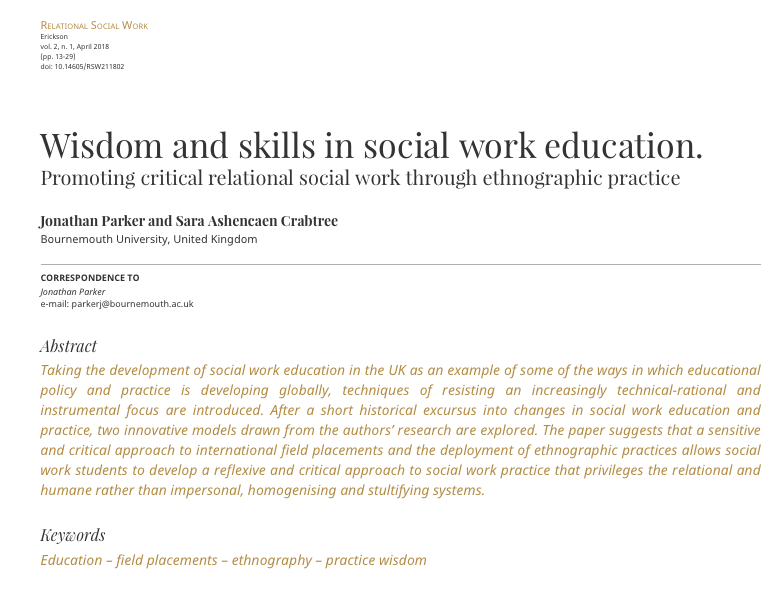




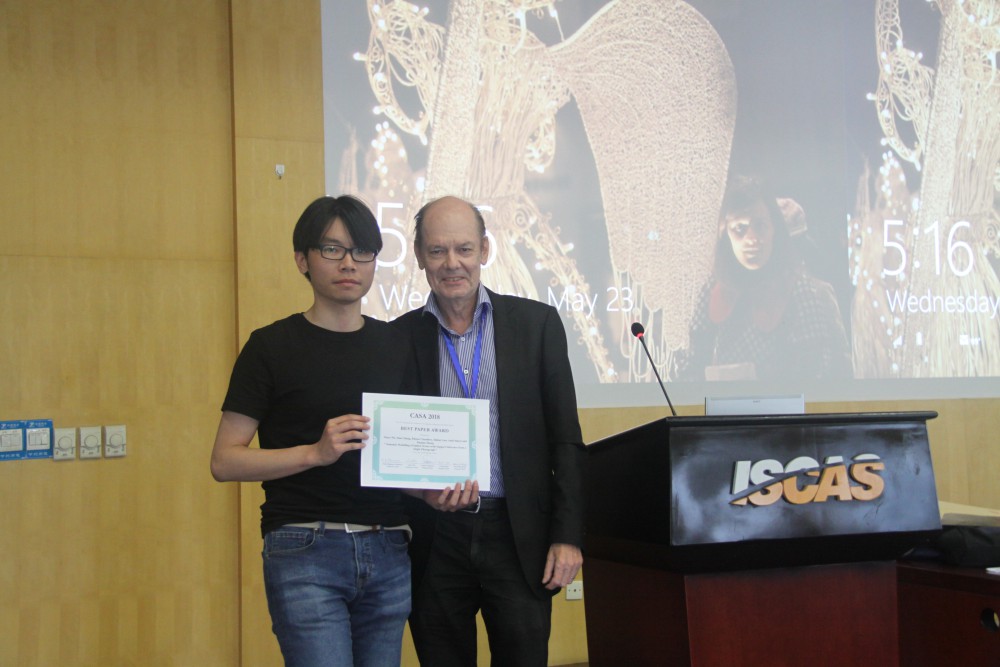

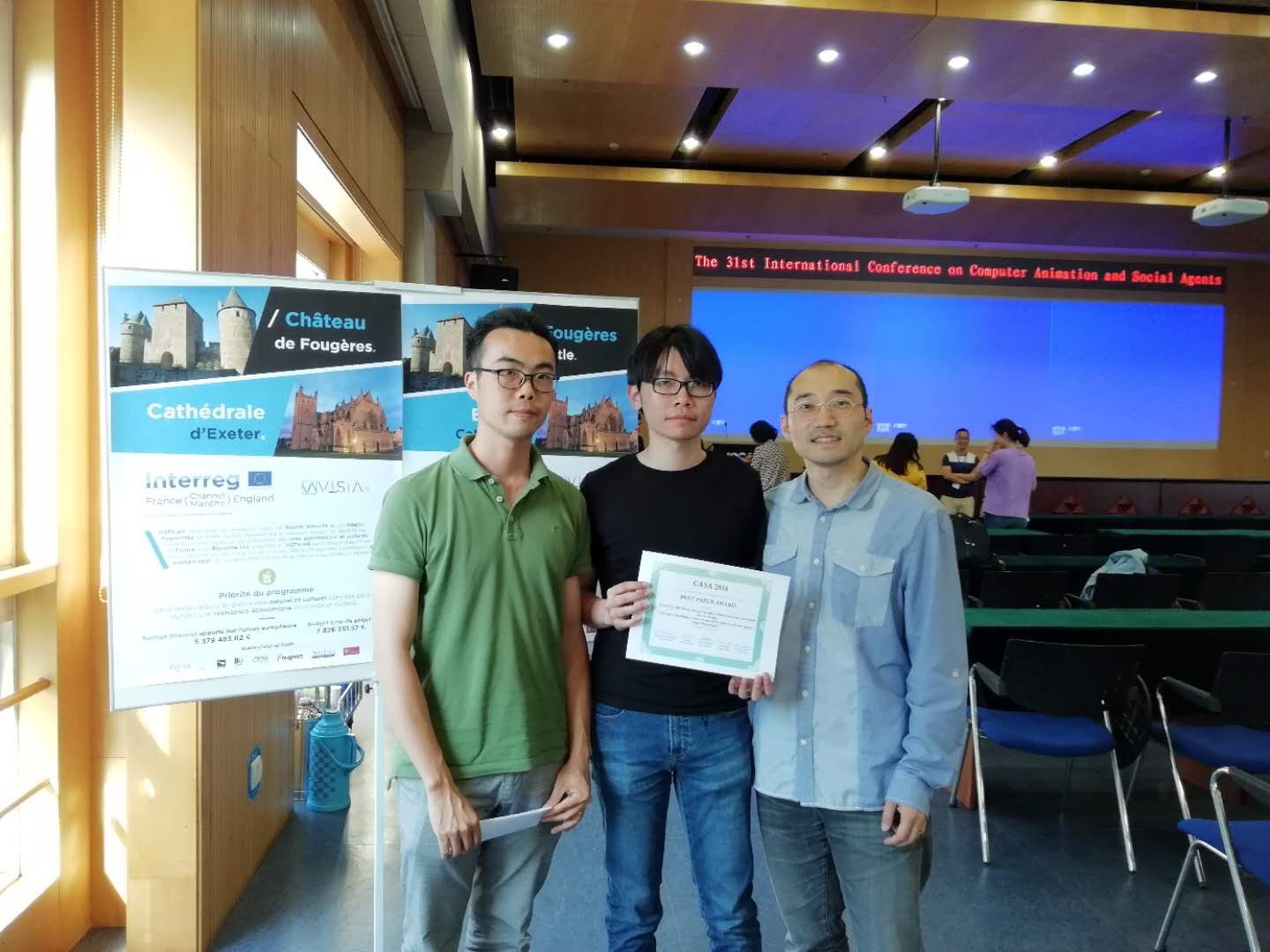














 April’s Café Scientifique – Should we help machines understand and respond to our emotions?
April’s Café Scientifique – Should we help machines understand and respond to our emotions? Postgraduate Research Experience Survey (PRES) 2024 – 2 WEEKS LEFT
Postgraduate Research Experience Survey (PRES) 2024 – 2 WEEKS LEFT Working with The Conversation: online training session – Wednesday 8th May
Working with The Conversation: online training session – Wednesday 8th May Apply for up to £1,000 to deliver an event and take part in a national festival of public engagement with research
Apply for up to £1,000 to deliver an event and take part in a national festival of public engagement with research MSCA Postdoctoral Fellowships 2024
MSCA Postdoctoral Fellowships 2024 Horizon Europe News – December 2023
Horizon Europe News – December 2023